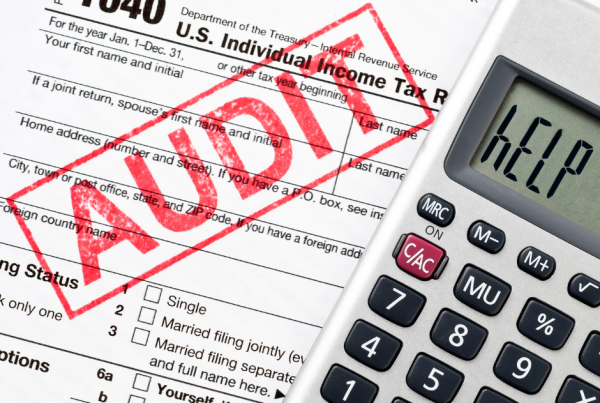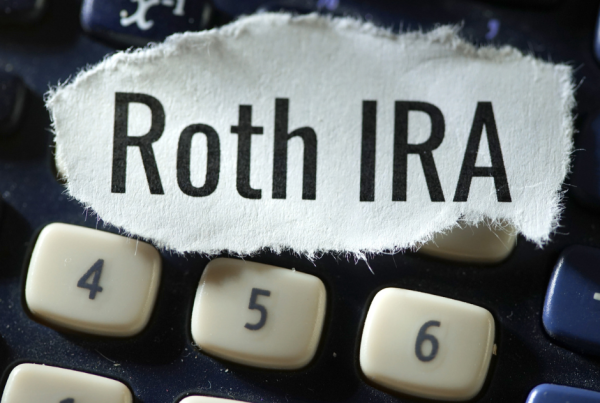
Restaurants don’t have the luxury to only worry about federal income tax, they have the pleasure to keep track of several other tax items as well! But what are the filing requirements for restaurants we need to be aware of?
The first and most important item here is the federal income tax. Like every other business that makes profits, restaurants have federal income tax obligations. With the federal income tax, you must ensure to file your annual federal tax return. Some states in fact, the majority of states require a state tax return to be filed. This means you have a federal and state tax return to file every year. The type of tax return depends on what kind of entity you register your restaurant with to the IRS.
The next thing you must consider as a restaurant owner is state income taxes & sales tax. As a restaurant owner with profit, you are subject to state income taxes and have sales tax obligations. However, this depends on the state and your local tax law. The state income tax must be filed and submitted annually. Sales tax return must be filed and paid either monthly, quarterly or annually depending on your sales. Sales tax typically ranges from 0% to 8%, depending on your restaurant’s location. To this end, you may want to book an appointment with your accountant to determine your state income & sales tax rate. Some states exempt food from sales tax. However, if you sell other items, say merchandise, it is subject to sales tax and must be withheld and admitted to the particular state.
Next up is the federal excise tax. Restaurants can be subject to the federal excise tax and the federal income tax. The federal excise tax is a tax that is issued on particular items. In this case, restaurants that produce or/and distribute distilled spirits, wine and beer or any alcoholic beverage, in general, are subject to federal excise tax. In addition, if you are importing alcoholic beverages from out of the country, you are obligated to other tax returns.
The real estate tax is important as well. You are subject to real estate tax if you own the building your restaurant operates. Also, some states subject you to sales tax.
Above are the major filings you must consider if you own a restaurant. But that’s not all. There are local and city taxes. You are also subject to local and city tax returns and must file them. Therefore, in some cases, you may have to file a federal tax return, state and local or city tax return. It is noteworthy that sales tax is not always included in the local and city tax rate.
If you have an employee in your restaurant, you may need to file quarterly and annual payroll tax reports. This quarterly payroll tax report must be filed with the IRS and state agencies when required. However, this one depends on the location of the employee. These forms must be filed and presented to the IRS at least quarterly, and due dates are April 30th, July 31st, October 31st and January 31st of the following year. In addition, you must also file the W2 forms for your employees and the 1099 form for independent contractors if you hire any. The W2 and 1099 forms are filed annually.
Most restaurant owners incorrectly classify employees as independent contractors, which shouldn’t be so. We shall be addressing this and its repercussions in future posts.




